Digestion is something we tend to take for granted and assume it just does its thing, however, there are ways and means of making it work a lot more smoothly…
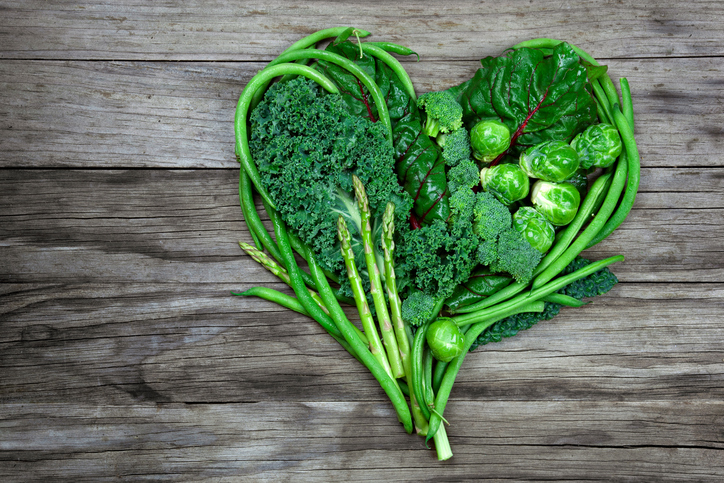
Are you blaming stress, food intolerance or even your monthly cycle for bloating and discomfort? Around 40% of people have at least one digestive symptom at any one time, so what should and shouldn’t we be eating to help support our digestive system? Nutrition experts Shona Wilkinson (www.superfood.com) and Cassandra Burns are here to help…
Good for your gut!
Keep on top of your digestive system with foodstuffs that keep the baddies at bay.
Cinnamon
Cinnamon is a lovely spice to add to your food. Not only does it improve digestion, but it also helps to balance blood sugar levels.
Activated Charcoal
Activated charcoal contributes to reducing excessive flatulence after eating. Taken after each meal, charcoal is able to absorb a hundred times of its own weight in toxins.
Bone broth
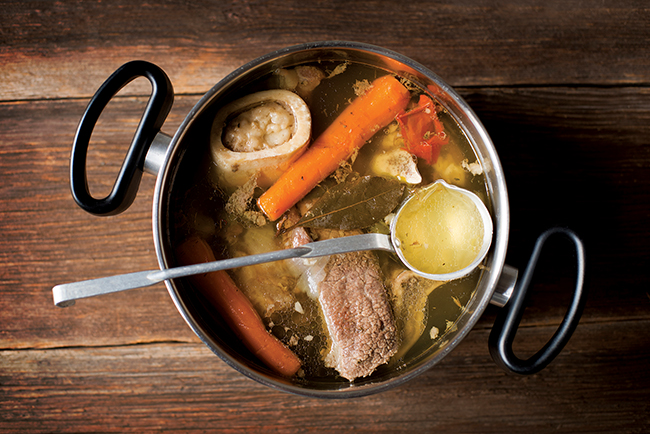
Bone broth is important for healing the gut and aiding healthy digestion. The gelatine found in bone broth is a hydrophilic colloid, which means it attracts and holds liquids, including digestive juices, thereby enhancing digestion. Bone broths are also rich in glycine, an amino acid (protein) found in collagen, which is important in maintaining a healthy gut lining.
Live Cultures
The micro-organisms in our gut play an important role. They especially help with the digestion of lactose. Try taking a daily culture supplement such as Pro-Ven Adult Probiotic 25 Billion (£13.95, Boots).
Mint
Mint has been shown to help soothe the abdomen and relax digestive discomfort. Why not enjoy a lovely warming cup of herbal tea this evening after dinner?
Turmeric
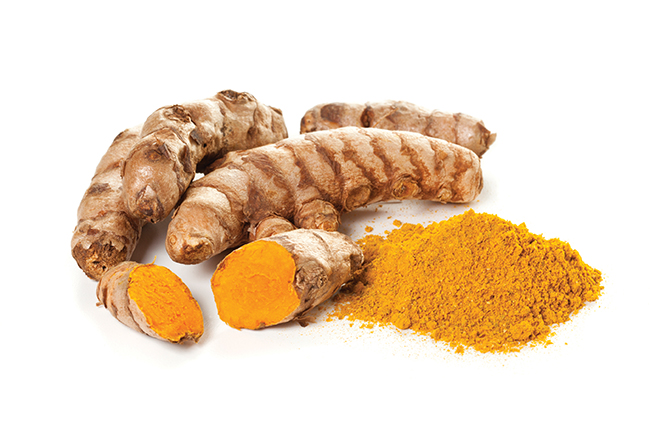
Turmeric is rich in curcumin, which has anti-inflammatory properties and is particularly useful for inflammation in the gut. Turmeric also helps with fat digestion along with supporting the liver. To make sure you’re getting your daily dose try CurQuMax, (£10.45, www.revital.co.uk) by Quest Vitamins, which combines curcumin from the spice turmeric and the amino acid DL-phenylalanine along with piperine from black pepper to provide an anti-inflammatory natural solution, to help manage everyday aches and pains.
Fermented foods
The likes of sauerkraut, pickled vegetables in brine, yoghurt, buttermilk and kefir help feed the friendly bacteria which reside in our gut helping them to multiply in a healthy environment.
Oats
Including oats in your diet provides you with fibre and an increase in faecal bulk. Having extra faecal bulk will aid in regular bowel movement. Make sure that you are consuming 7-9 portions of vegetables and fruit too! Try porridge for breakfast with flaxseeds and berries.
Leeks, garlic and onions!
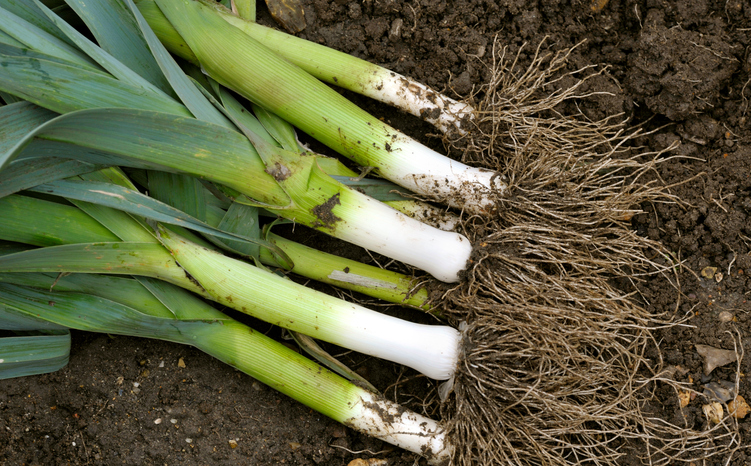
Water retention is a common digestion problem, and is often due to hormonal issues. Ensuring that your liver is working efficiently will ensure the correct metabolism and detoxification of hormones. Leeks, garlic and onions are sulphur containing foods. Sulphur is required by the liver for the detoxification process.
Dr Marilyn Glenville, the UK’s leading Nutritionist, author of Natural Alternatives to Sugar (www.marilynglenville.com) reveals the foods that can be hard to digest…
Worst for tummy woes!
Try and avoid the following foodstuffs that can prove a hurdle for your digestive system
Coffee
Coffee stimulates peristalsis, the wave-like muscle contractions that move food through the digestive tract. So with IBS, coffee should be avoided in order to reduce these contractions.
Chewing gum
Chewing gum makes you swallow too much air, which gets trapped in your digestive system causing pressure, bloating and gas. The same thing can happen if you gulp air when snacking on the run, eating too quickly, talking while eating or drinking from a straw.
Cruciferous vegetables
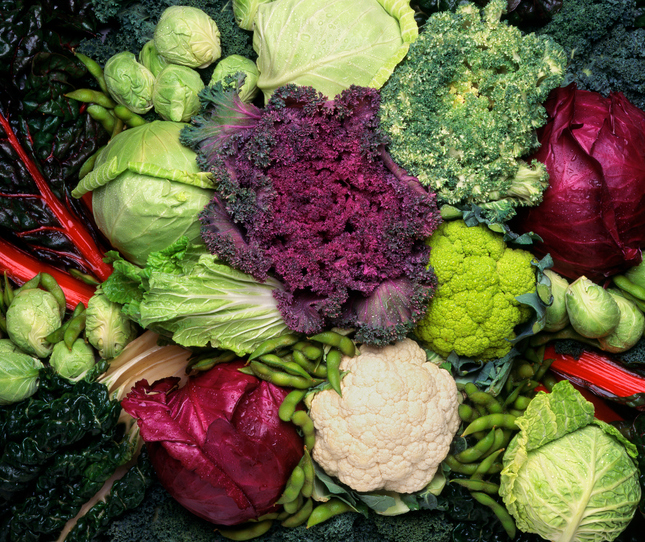
Broccoli, cauliflower and cabbage may cause bloating and excess wind. For some people these vegetables are not digested completely in the small intestines due to a lack of enzymes, so when they reach the large intestines, bacteria in that part of the gut can cause gas and bloating when breaking down those foods.
Plums
Stone fruits like plums are packed with sugar alcohols, which can ferment causing bloating and gas.
Legumes
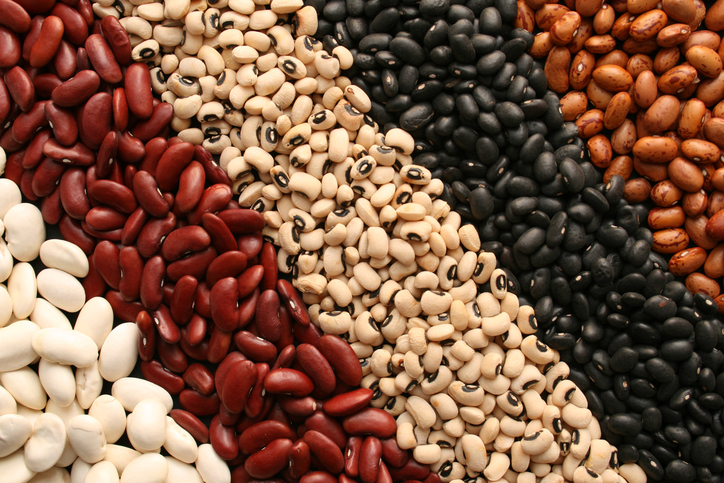
Beans like soya, lentils and chickpeas contain oligosaccharides, a type of naturally occurring sugar in the beans, which are normally digested by bacteria in the large intestines. The digestion of these beans can cause bloating and flatulence.
Sparkling water
Air bubbles from sparkling water or fizzy drinks can you make you bloat and cause excess wind.
Sugar substitutes
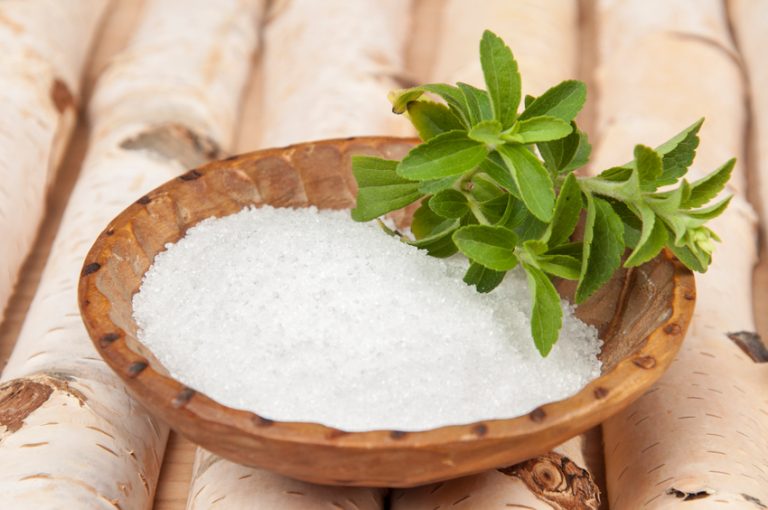
Sugar alcohols, known a polyols, such as xylitol, sorbitol and maltitol can cause bloating and flatulence and IBS symptoms in people who are sensitive to them.
Dairy
Some people don’t produce the enzyme lactase, which helps them break down lactose, a sugar found in milk. You need the enzyme lactase in your body in order to break down the lactose, otherwise it ferments in the gut causing pain, gas and bloating.
Spices
Some spicy foods can stimulate the release of stomach acid, which can cause irritation, while others can ferment in the digestive system causing bloating.
